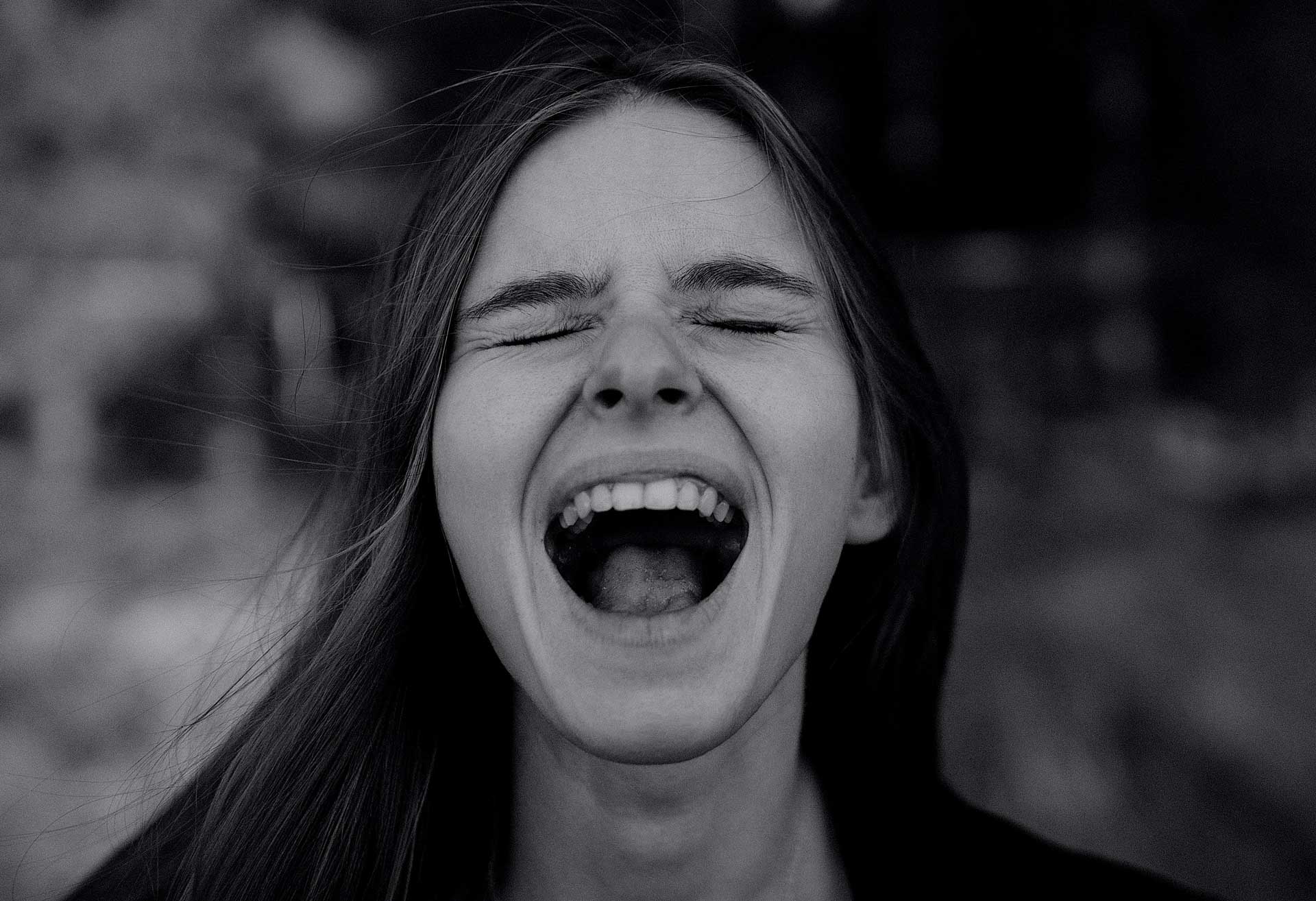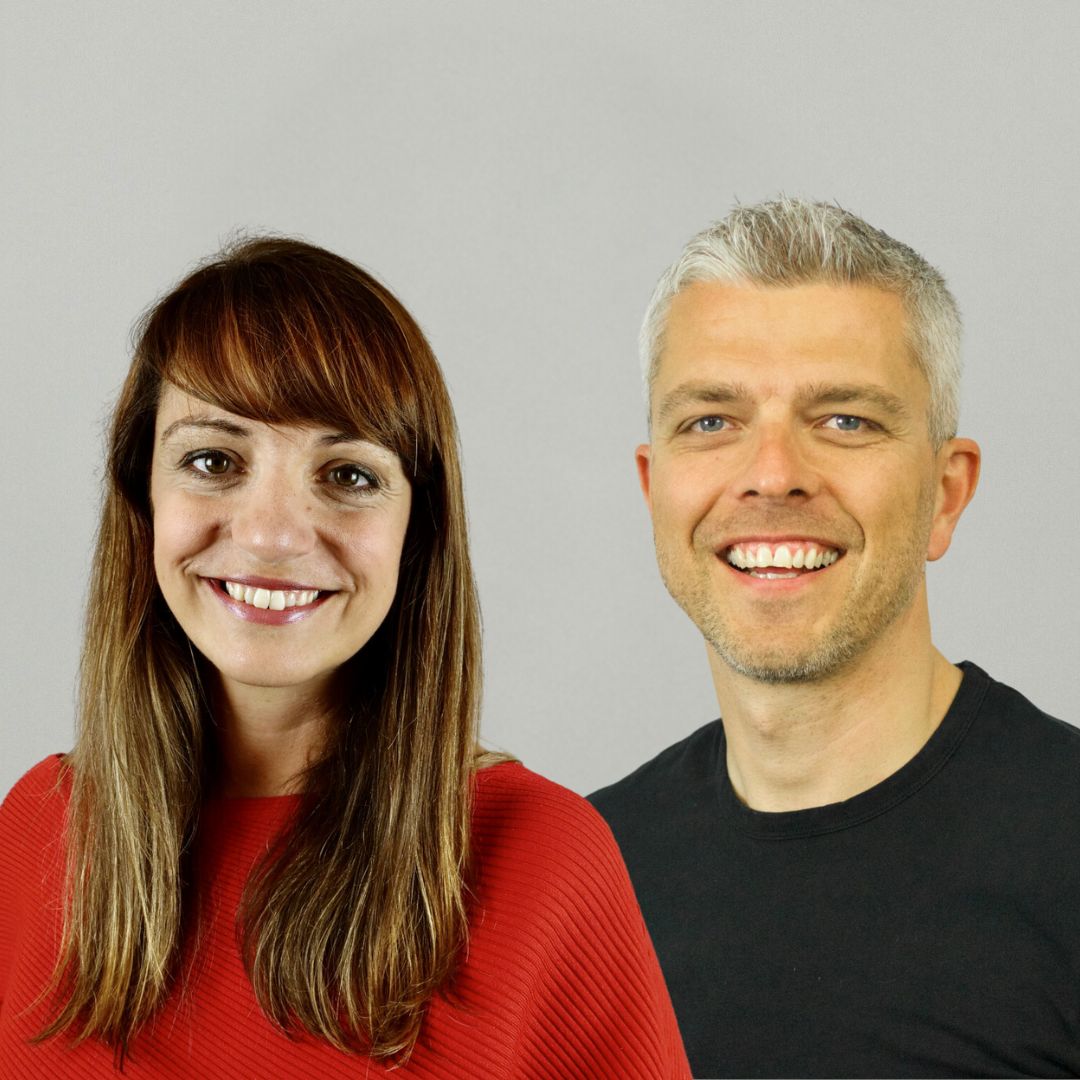
Shedding light on being human
Modern society can’t define what a woman is, when life begins and ends, or what to do ethically about AI, and Christians have something amazing to offer, say Jo Frost and Peter Lynas, co-directors of the Evangelical Alliance’s Being Human project. We asked them about it

Jo Frost, left, Peter Lynas, right
How Being Human began
Peter: A couple of years ago at the Evangelical Alliance we’d been discussing a lot of ‘hot button issues’ but as we talked about abortion, transgender, artificial intelligence and so on, an underlying question kept coming up: when you’re talking about the beginning or end of life, gender, technology, etc, what does it mean to be human? And so we set up this project to address that.
Jo: It’s grown to include a podcast, book and several other resources, and our aim is to help everyday Christians live out and share the biblical vision of what it means to be human. Every generation needs its own understanding of this in the culture it’s living in and Being Human is our offering to help share the story of who Jesus is and who we are in Him for this season. The hot issues Peter mentions are what we talk about with colleagues and at the school gates. As Christians, we can often go on the defensive when they come up, but actually we have something amazing to offer in terms of good news for the people we’re talking to.
Peter: We liken it to a game of Jenga where our culture has been built on a strong Christian heritage but the blocks have been pulled out one by one until things have become unstable. Our culture is weaker than people think – it can’t define what a woman is, when life begins and ends, or what to do ethically about AI. The conversation around what’s happening in schools with trans guidance, relationships and sex education, or more widely with pornography or the impact of social media, can be dehumanising. We want to rehumanise these conversations, recognise our humanity in these spaces We’re saying the God story offers way more coherent answers to who we are and how we live.
Podcast guests shed light on being human
Jo: One of the ways we’re doing that is through the Being Human podcast. It’s been running for a few years and we’re in our fourth season. That came about because Peter and I were looking at the news and some of the cultural conversations that were bubbling up with a biblical or missional perspective in mind. We kept coming across the question of what it means to be human and to live a full and abundant life, and wanted to explore that with our guests. In this latest series, for example, we’ve looked at four areas – being significant, being connected, being present and participating. We invited people who are writing about some of these topics to discuss them. We’ve interviewed some amazing people!
Peter: Tim Mackie, who co-founded the BibleProject, was someone we both really wanted to interview because many of us struggle to understand the God story within the whole frame of the Bible. Tim has done a brilliant job explaining that, so we got him in for 35 minutes of pure gold. He explained why the Bible is so important and why it’s so crucial that we understand we’re made in the image of God. Rachel Gardner was another. She talked about young people as “connection-seeking missiles”, explaining how important connection is for them. So Tim gave a wonderful view of the big picture and Rachel rooted it as a youth worker in terms of talking with young people about relationships.
Jo: The podcast and all the other resources are our uncompromising desire to dig into who God is and who we are in him, observing our culture and recognising the world we’re inhabiting. Those two things together feel really significant at the moment.
Because you’re worth it – biblically
Peter: We’d been doing lots of podcasts and talks and wanted to anchor some of the things we’d been talking about, so we brought them together in a book which was published in October. It’s called Being Human – a new lens for our cultural conversations. We take cultural hooks and look at what God has to say about them and how our faith intersects with them. One example is the L’Oréal “Because you’re worth it” ads. We talk about on what basis our culture tells us we’re worth it versus what the Bible says. The Bible tells us we are made in the image of God and that everyone, therefore, has equal worth. In Acts 17, Paul says, “Here’s a statue of an unknown God. Let me take that and talk to you about a God who should be on that plinth.” We’re doing the same – taking the L’Oréal ad and saying there’s a different reason why you’re worth it. As well as the new book, we’ve also produced a six-week small group video series, which is free on our website, beinghumanlens.com. Again, it looks at being significant, being connected, being present and participating. It has 15-minute videos, small group resources and a guide.
What’s next?
Jo: We’re in the process of developing a self- and group-assessment discipleship resource for young people because we want to explore what being human means for them, too. That’s around asking questions like where do you draw your sense of significance from? How do you understand your relationships and connectivity in the world? Who is Jesus, and who is he calling you to be? That will roll out next year and will hopefully be another way to have this conversation about what it means to live in step with Jesus.
Peter: With everything we’re doing, we want people to understand ourselves as being made in the image of God and what it is to follow Jesus today. Our passion is to create a suite of resources that build bridges into our culture and invite people into a relationship with Jesus.
This article first appeared in Direction Magazine. For further details, please click here.
Enjoy this article? Don't forget to share